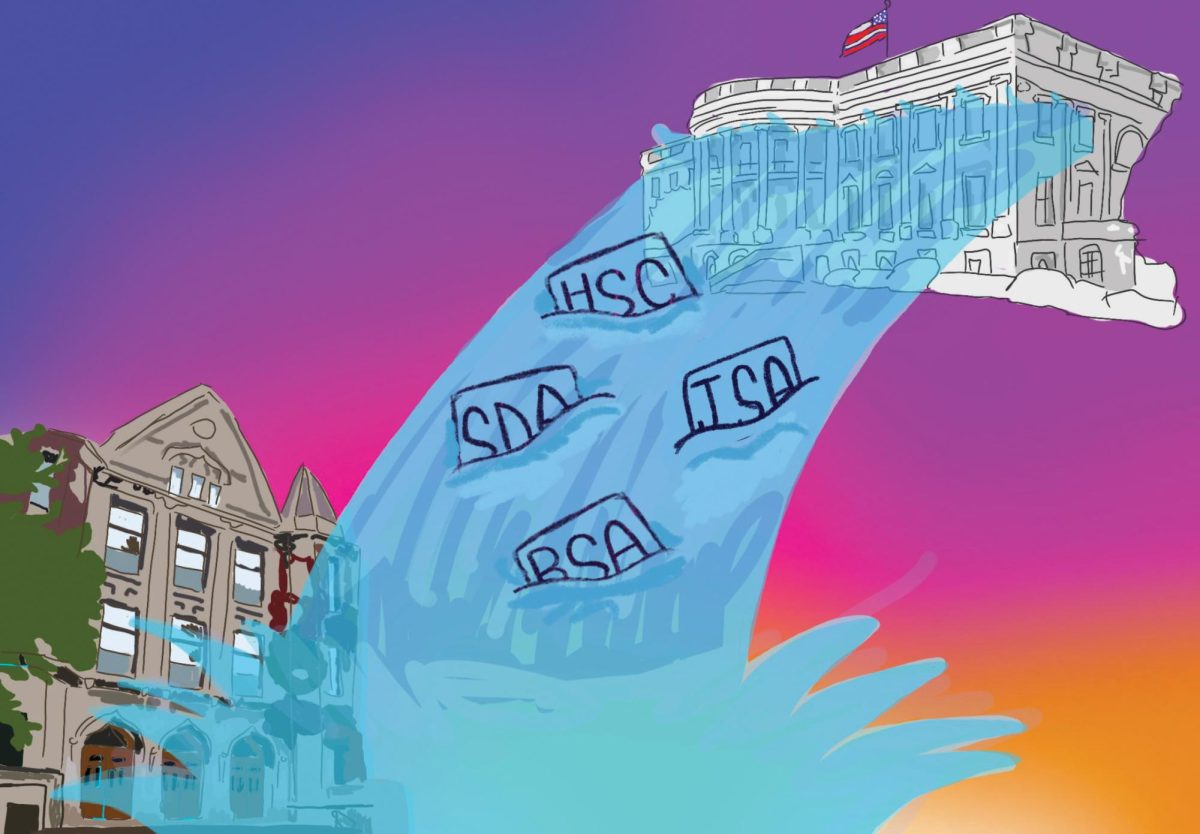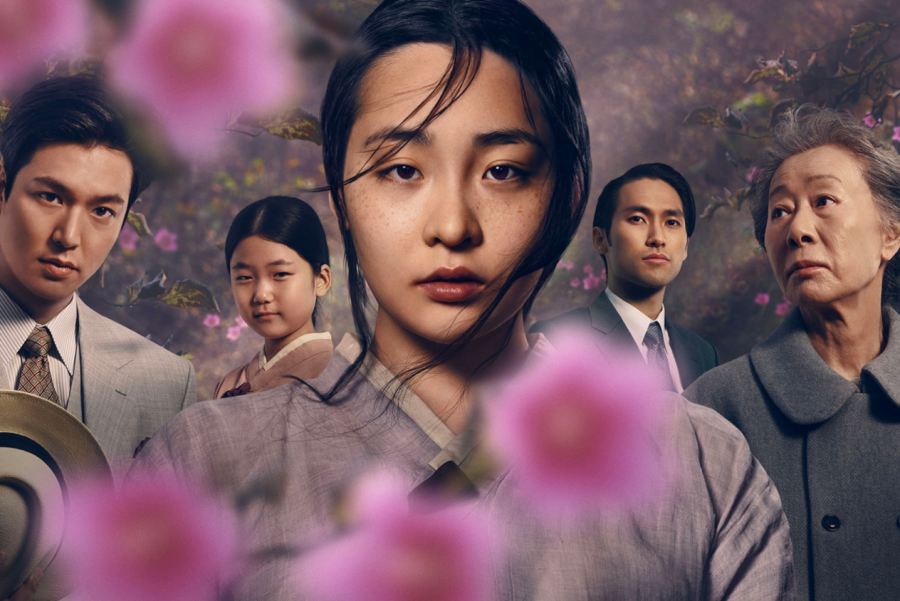Intriguing ideas capture audience
‘Pachinko’ brings different eras into the same drama
Amazon
AAPI EMPOWERMENT. Pachinko, the drama series, is a remake of the 2017 New York Times’ bestseller book Pachinko by Min Jin Lee. With its increasing popularity, Apple TV confirmed a second season for the drama series later in 2023.
May 29, 2023
An argument takes place between two characters. Being called “shameless” leaves one character feeling disrespected. The other is annoyed at people not realizing how grateful they should be for their ancestors’ achievements. Neither understands the other.
One yells, “We’re not taking advantage. We’re offering a fortune. But instead of being grateful, you act like everyone’s trying to cause you some injustice.”
Korean drama series “Pachinko,”available on Apple TV +, based on the book “Pachinko” by Min Jin Lee, appears to simply be about Japanese colonization over Korea but instead makes viewers compare modern society with the period of colonization and raises questions about modern life.
“Pachinko” follows four generations of a Korean family, some of whom move abroad. Japanese oppression of Koreans, which lasted from 1910 to 1945, resulted in the suffering of the first and second generations of the family. The story of Sunja, a main character, is greatly influenced by these two generations. Having married a Korean priest who has family in Japan, she moved to Japan, the origin of her family’s oppression.
Although the story shows the end of Japanese colonialism as the plot enters the third generation, the family is still mistreated by the Japanese. The Japanese call them “dishonorable” and show an aggressive attitude towards them. In one particular scene, viewers can see Solomon, Sunja’s grandson, being insulted by an owner of a convenience store for being Korean. The characters of these generations tend to ignore stories about their family’s history. Their focus is on the present and future rather than the past. Solomon is constantly annoyed by Sunja’s advice and stories. In several scenes, Sunja’s and her descendants’ thoughts conflict with each other. Solomon cannot understand his grandma’s generation. In turn, he’s not understood by his grandma.
While Sunja cannot resist herself from calling Korea “home,” which represents her past, Solomon continuously calls Japan his “home.” The two different definitions of the word makes the audience wonder whether Solomon ever considers where his family is from.
There are shameful pasts and histories, but important events that civilized the society remain. This lesson that is taught in the show is something people should remember throughout their lives.
Solomon is no different. Viewers can see Solomon agreeing with a client who comes from the same background as Sunja, growing up in Korea and having to move to Japan almost forcefully. He admits the fact that he wouldn’t sell the house filled with memories of Korean history if he was in the same situation as his client. Eventually, however, he returns to the original idea of ignoring his family’s past. Nevertheless, he changed his attitude after speaking with the woman, admitting he wouldn’t sell the house if he were in the same situation.
As the second season of “Pachinko” is planned to stream this year on Apple TV+, now is the perfect time to watch the eight-episode first season, especially since May is Asian American and Pacific Islander Heritage month. Not only will you learn about history, but you will explore its relationship with modern society.




























































